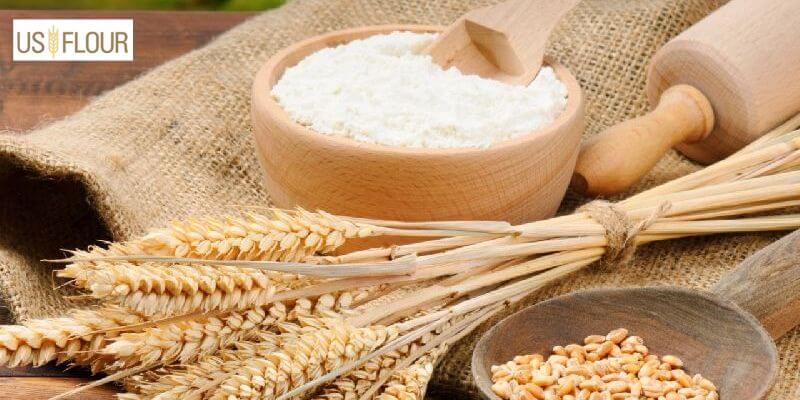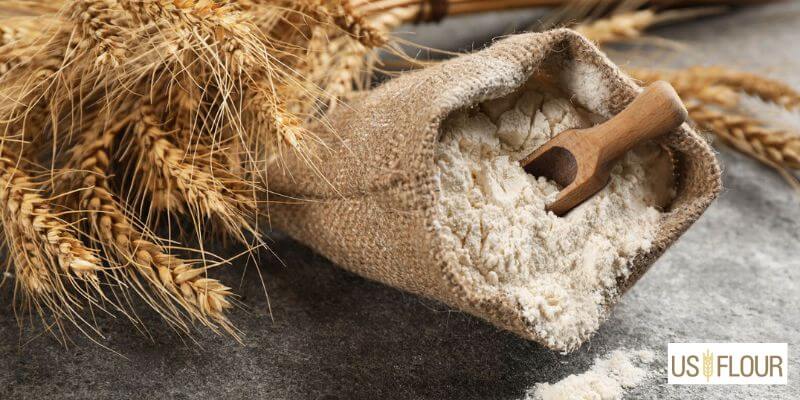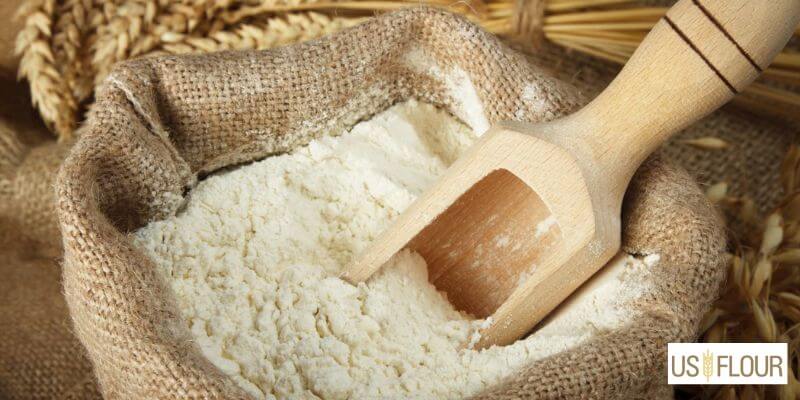Flour Power: Discovering the Benefits of Organic Flour

There are various types of flour in the market today. Organic flour is a type of flour that can be found in most health stores because of its many benefits. It would be best to note the source before choosing organic flour. Some organic flours are from conventional farms, while others are from sustainable farms.
What Is Organic Flour?

Organic is a food production and farming method that looks to eliminate all genetic alterations or hazardous artificial chemicals. In the process, natural solutions are applied whenever it is possible. This helps support the plant while promoting a sustainable environment and maintaining healthy soils.
For flour to be organic, it must meet the standards for organic produce. Therefore, organic flour must not contain artificial additives like all other processed organic food. It must also be grown without the use of synthetic pesticides.
Also, the processing of organic flour should include using fewer artificial methods used in the industry. This means that genetically modified ingredients and chemical ripening must be used less. Since the processing of organic flour is regulated and involves less use of artificial means, there are already many benefits to it.
Discovering The Benefits of Organic Flour

There are no chemical additives or synthetic pesticides in organic flour. The grains used in processing it are not exposed to harmful pesticides, and they are free of chemicals as well. Organic flour is more nutrient-dense and contains different essential nutrients in good quantities. This makes it healthier than conventional flour.
Below are some of the benefits of organic flour:
1. Synthetic pesticides are not used in their production.
Pesticides are not only harmful to pests but are hazardous to humans as well. If exposed to some commonly man-made pesticides like glyphosate long-term, there is the risk of developing reproductive issues, hormone disruptions, liver and kidney toxicity, and cancer.
Additionally, pesticides can be harmful, and millions of poisoning and deaths have occurred due to their ingestion every year. Although these incidents are common in developing countries, every country must consider this.
Pesticides do not only affect the plant, but they can be harmful to the bodies of the farm laborers as well. Additionally, fungicides, insecticides, rodenticides, and herbicides affect the food chain, even though they are all used to kill pests.
Fortunately, you can drastically minimize pesticides in your urine and blood by changing to an organic diet. Going by these effects, baking goods using organic flour ensures that no dangerous toxins can affect your food system and the humans who process them.
2. Chemical fertilizer is not used
Natural gas and petrol are some of the things that are used to make artificial fertilizers. These things require much energy and could be better for the climate. They are also major contributors to ocean dead zones and substantial degradation.
Faster yields are a short-term benefit of the aggressive cycling of synthetic fertilizers, but this reliance quickly develops. They eventually have a detrimental effect on the structure of the soil, its capacity to retain water and nutrients, and its capacity to absorb pollutants. This causes more soil erosion, more water to be used, and chemical runoff.
As a result of chemical runoffs, the ocean becomes eutrophic or excessively nutrient-rich, causing it to be overrun by nutrients such as phosphorus and nitrogen. The subsequent growth of seaweed and algae causes an increase in organic matter that decomposes and uses oxygen, suppressing aquatic life.
When you choose baked goods made with organic flour, you are helping to ensure that these dead zones will be reversed, which will help preserve the health of the ocean and the planet.
3. Organic flour is not genetically modified
There is currently little research that provides evidence that GMOs may be harmful to our health. However, there are worries over the impact of manually driving the gene transfer process on our environment.
Farmers, for example, have been able to spray more herbicides on their crops now that they have genetically modified produce that induces resistance to herbicides. This cycle continues, and they spray even more herbicide on their crops, harming the produce.
It has also been shown in numerous studies that an increase in the use of chemical pesticides has also resulted in genetic resistance in the weeds surrounding the crops as well. You can avoid a polluted product by choosing organic flour while benefiting the environment.
4. Organic flour has a better taste
Organic flour is considered a healthier and more sustainable option than conventional flour – it also tastes better. Organic flour is made from wheat grown in healthier soil, without synthetic pesticides, fertilizers, or genetically modified organisms (GMOs).
This results in higher-quality wheat free from harmful chemicals that can affect the flour’s taste. The absence of chemicals also allows the natural flavors and aromas of the wheat to shine through, giving the flour a more distinct and enjoyable taste.
Additionally, organic farmers often use traditional milling methods that preserve the nutrients and flavor of the wheat, resulting in a richer and more flavorful product. Choosing organic flour is better for your health and the environment and can also improve the taste of your baked goods.
Conclusion
Organic flour has numerous benefits, including being a healthier option free from harmful chemicals, a more sustainable farming practice, and supporting local farmers. It also tastes better due to higher quality wheat grown in healthier soil and traditional milling methods. Enjoy the benefits of organic flour by consuming it today.
 Power to The Bakers.
Power to The Bakers.